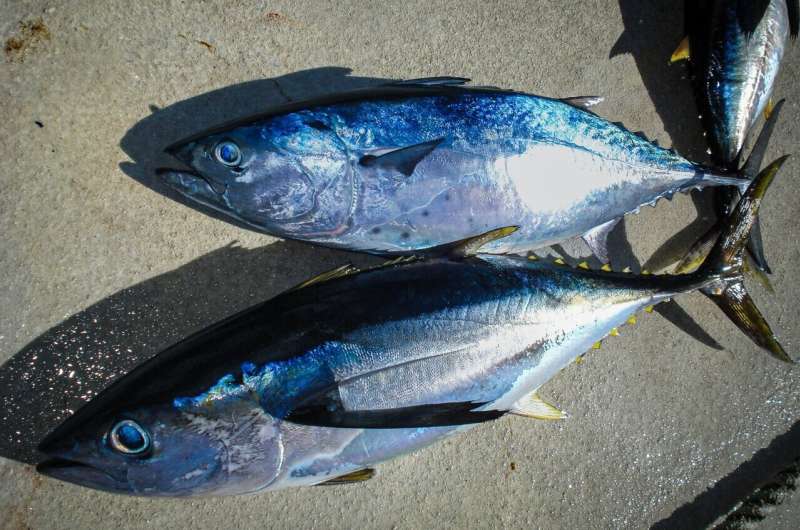University of Queensland researchers are sounding the alarm on the plight of threatened marine species in Australia’s waters. Their study reveals a legal loophole that allows the export of several EPBC-listed species, including the orange roughy, blue warehou, school shark, and southern bluefin tuna. The researchers call for urgent reforms to Australia’s environmental protection laws to better safeguard these endangered marine species.

Loophole in Australia’s Environmental Laws
The researchers have identified a critical loophole in Australia’s Environment Protection and Biodiversity Conservation (EPBC) Act that is allowing the export of threatened marine species. Under the current legislation, certain species are classified as ‘Conservation Dependent,’ which exempts them from stricter regulations that would apply to other threatened species listed as Vulnerable, Endangered, or Critically Endangered.
This ‘Conservation Dependent’ category is unique to Australia and only applies to marine fish species. The researchers found that eight species, all of which are caught in commercial fisheries, fall under this classification. While these species are required to have a legally enforced management plan to prevent their decline, the researchers reveal that their conservation status has not improved, and they remain overfished or unassessed in Australia.
Endangered Marine Species Legally Exported
The study identified four species that have been legally exported from Australia despite being listed as threatened under the EPBC Act: the orange roughy, blue warehou, school shark, and southern bluefin tuna. Shockingly, the researchers found that since the inception of the Act, a staggering 107 kilotons, or 10% of all Australian seafood exports, have been of these four listed threatened species.
The researchers note that the Threatened Species Scientific Committee, the expert group responsible for providing listing advice and recovery strategies, found that all of these species were eligible for listing in higher threat categories, such as Critically Endangered for the blue warehou and southern bluefin tuna, or Endangered for the school shark and orange roughy. However, the ‘Conservation Dependent’ classification has effectively exempted these species from the stricter regulations that would apply if they were listed under standard threat categories.
Recommendations for Environmental Law Reform
The University of Queensland researchers are calling for urgent reforms to Australia’s environmental protection legislation to better safeguard the country’s threatened marine species. They propose three key changes:
1. Treat commercially harvested threatened species the same as other threatened species, removing the ‘Conservation Dependent’ loophole.
2. Mandate regular reviews of the conservation status of all threatened species to ensure timely de-listing and updated protection measures.
3. Assess species acknowledged as threatened under international listings, such as the IUCN Red List or global conventions, in Australia’s new threatened species legislation.
These recommendations are essential to prevent further extinctions in Australian waters and ensure the long-term survival of the country’s endangered marine species.
